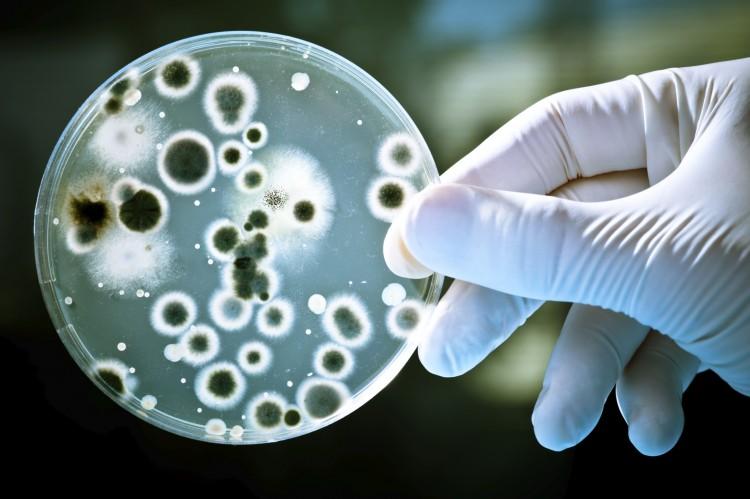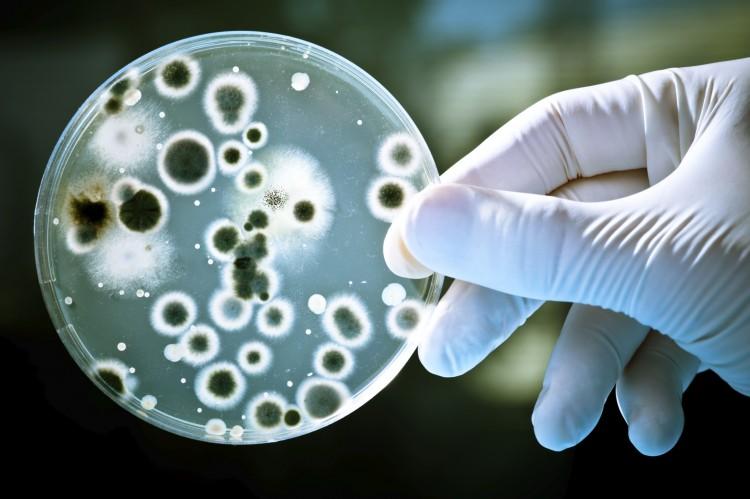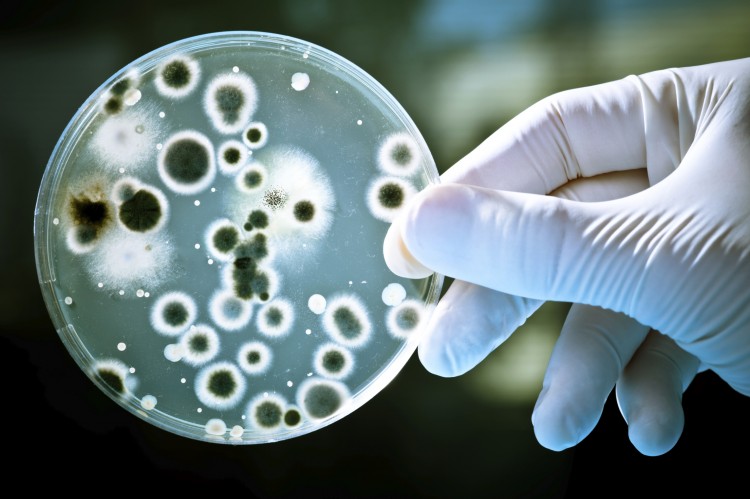In life-threatening conditions, microbes use game theory to account for neighbors’ decisions and work out their best tactics for survival.
New research presented at the 243rd National Meeting & Exposition of the American Chemical Society on March 27 suggests that human cells may do the same.
Bacteria can chemically communicate with each other about factors like colony density and the activity of neighboring cells, allowing complex decision making to adapt to environmental situations.
“Bacteria in the colony communicate via chemical messages and how each bacterium performs a sophisticated decision process by using a specialized network of genes and proteins,” the researchers wrote in their abstract.
Research leader José Onuchic and his team studied the common soil bacterium Bacillus subtilis in different stressful environments, including drought, radiation, and overcrowding.
B. subtilis uses quorum sensing via chemical compounds to monitor neighboring cells’ responses to stress and thereby deal with the stressful conditions through either sporulation or “competency.”
When forming spores (sporulation), these bacteria discard half their DNA and form a protective shell within 10 hours. However, 1 to 2 percent of the population will make the complicated decision to become “competent” so as to absorb some of the jettisoned DNA in an attempt to adapt to the harsh environment.
“Sporulation is a drastic, traumatic process,” Onuchic said in a press release. Onuchic is at Rice University in Houston.
“The advantage of competency is that the cell might be able to adapt and live normally without undergoing that drastic upheaval.
“But competency is risky—if conditions don’t improve fast enough, the competent cell could die before having a chance to become a spore,” he explained. “Also, the spores could decide to break out of hibernation and compete for resources.”
Game theory is a branch of mathematics used to analyze conflict and cooperation scenarios. In “Prisoner’s Dilemma,” a player’s sentence depends on both whether he confesses and a second prisoner’s decision. If one player confesses, he goes free and the other serves a one-year sentence. If both confess, they each get three months, while if both remain silent, they each get one month.
A selfish player therefore gets out of jail, causing the other player to get a long sentence. With bacteria, sporulation is akin to cooperating or confessing, whereas becoming competent is a selfish decision.
“Just as in the classic Prisoner’s Dilemma game, the bacteria have to weigh the pros and cons of their decisions,” said Onuchic. “The bacteria make a decision based not only on what it knows about its own stress and environment, but it also has to think about what the other bacteria might do.
“So this is like the Prisoner’s Dilemma being played with 1 trillion cells in a colony instead of just two people.”
“The bacterium has to decide to sporulate or go to competence. This is decided by a stochastic (probabilistic) circuit where the bacterium takes into account not only the environment but also information from neighboring bacteria,” Onuchic told The Epoch Times via email.
“They decide collectively by talking to their neighbors by exchanging peptides. This is what we named chemical Twitter.”
Bacteria in the human body may also exchange chemical signals to ensure that their numbers are large enough before starting an infection.
Similarly, human cells may “chat” with each other before cancer begins to form and also prior to metastasis or the spreading of tumors. Understanding how cells make decisions like these could allow scientists to control the process by developing more effective drugs with fewer side effects.
“Once we get a handle on this process, we might block the specific chemical messages that signal a tumor to grow, developing a medicine that wouldn’t affect other body processes, reducing or eliminating side effects,” Onuchic said in the release.



